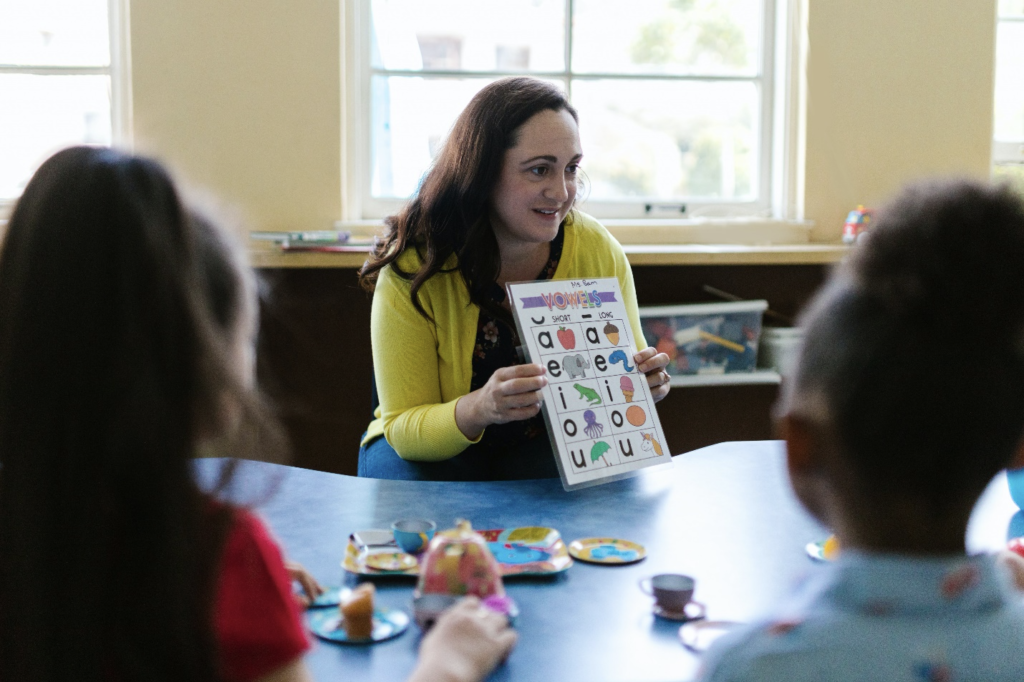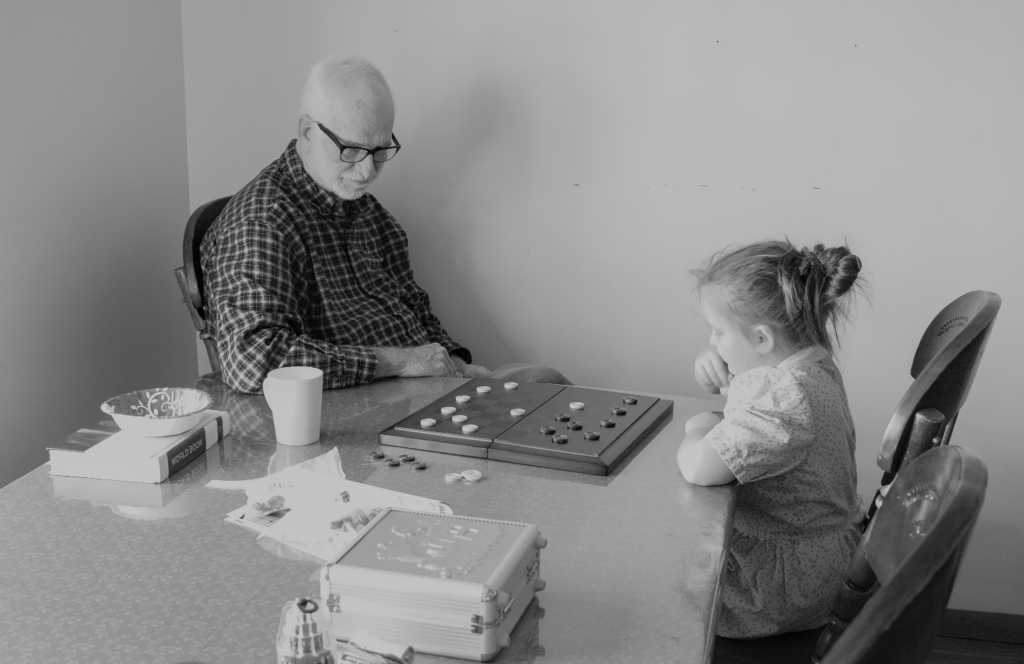Games have always been connected to fun and relaxation, engrossing players with their immersive experiences. Nevertheless, games have come to be recognised for their ability to aid in brain development in addition to their enjoyable appeal. Gamification in education sheds light on the efficiency of games in supporting brain development by evaluating the effects of various game types on particular cognitive skills, the efficacy of gamified learning approaches, and the wider implications for education and cognitive health.
Different cognitive abilities, such as memory, concentration, problem-solving, and strategic thinking, can be targeted and improved through games. Specific cognitive processes are activated by various game genres and game mechanisms, giving players the chance to hone their mental abilities.
Memory-based games that test players’ ability to recall patterns, sequences, or locations, including puzzle and matching games, help to develop working memory and short-term memory. Concentration, mental flexibility, and the capacity to think through and recall information quickly are all necessary for these games.
Real-time strategy games and other strategy games demand players to plan, strategise, and predict results. Strategic thinking fosters decision-making, analytical abilities, and the capacity to think critically under duress.

Similar to adventure or puzzle games, problem-solving games confront players with difficult challenges that call for logical reasoning, original thought, and the capacity to divide difficulties into manageable components. These activities encourage mental pliability, adaptability, and tenacity in the face of challenges.
Focus, selective attention, and the capacity to block out distractions are all enhanced by playing attention-training games like focus control tasks or hidden object games. The capacity to keep focus on particular tasks is strengthened by these games’ persistent attention requirements.
In educational settings, gamification—the use of game design features in non-game contexts—has grown in favour as a way to improve learning and brain development. Teachers can design immersive learning experiences that promote cognitive development by utilising the motivating components of games. Gamified learning environments and educational games offer dynamic, individualised experiences that let students take an active role in their own learning. Incorporating feedback mechanisms, prizes, and advancement systems into these games increases motivation and fosters a growth attitude.

The application of gamified learning techniques in a variety of topics, including science, math, and language learning, has produced encouraging results. Games assist students absorb and retain information by contextualising abstract concepts, encouraging active problem-solving, and giving quick feedback. Multiplayer and cooperative games also promote interpersonal relationships, collaboration, and communication abilities, fostering both cognitive and social-emotional learning. Playing together with others increases empathy, cooperation, and the capacity to function well in a team environment.
For both individuals and society as a whole, the inclusion of games in educational and cognitive health programs has important ramifications. We may improve conventional educational methods and enhance cognitive health results by utilising games’ potential for brain development. Gamification can increase student motivation, engagement, and enjoyment of the learning process in educational environments. Games’ dynamic and immersive features grab students’ attention and promote effective learning. Teachers may accommodate a variety of learners and advance inclusive education by designing educational games to fit individual requirements and learning preferences.
In addition, games are used for brain growth outside of the context of formal schooling. Games have demonstrated promise in therapeutic settings for those with cognitive challenges such as attention deficit hyperactivity disorder (ADHD) or traumatic brain injuries. The fun and engaging rehabilitation experiences offered by these games encourage neuroplasticity and functional recovery by being specifically tailored to address particular cognitive deficiencies.
Additionally, the use of games for brain development has implications for maintaining cognitive health and learning throughout life. Memory, attention, and problem-solving difficulties may arise as people get older as a result of a reduction in cognitive capacities. Playing games and doing other things that challenge the brain can reduce age-related cognitive loss and encourage cognitive ageing that is healthy. These games strengthen cognitive flexibility, activate brain networks, and increase all aspects of cognitive performance.
It is important to note that while games have the potential to contribute to brain development, they should be used in a balanced and purposeful manner. Excessive or inappropriate game usage can have negative consequences, such as addiction or a sedentary lifestyle. It is essential to encourage a healthy balance between game engagement and other activities, including physical exercise, social interaction, and varied learning experiences.
The use of video games for brain development must also take equity and accessibility into account. Not everyone has equal access to technology or the materials required for gamified learning. It is important to work to close the digital divide, give impoverished populations access to instructional games, and ensure diversity in game development.

Using video games to enhance the brain has the potential to significantly improve learning outcomes, cognitive health, and cognitive ability. Each game type, from memory-based games to strategy and problem-solving games, targets a certain cognitive function, enabling players to hone their mental abilities. Gamified learning techniques are used in education to increase motivation, engagement, and memory.
The wider implications for lifelong learning, maintaining cognitive health, and therapeutic interventions also underscore the transforming ability of games in releasing people’s cognitive potential in a variety of circumstances. But it’s crucial to approach game usage mindfully, providing a well-balanced strategy that takes into account each player’s demands, encourages physical exercise, and addresses concerns of accessibility and equity. Games have the ability to transform education, cognitive health, and how we interact with and use the human brain’s potential with intelligent integration and responsible application.
Sources
- https://worldanimalfoundation.org/advocate/animal-rights-movement/
- https://elearningindustry.com/gamification-for-learning-strategies-and-examples/amp
- https://www.hmhco.com/blog/what-is-gamification-in-education
- https://www.britannica.com/science/game-theory
- https://guides.library.utoronto.ca/c.php?g=448614&p=3505475
- https://elearningindustry.com/why-is-game-based-learning-important/amp




